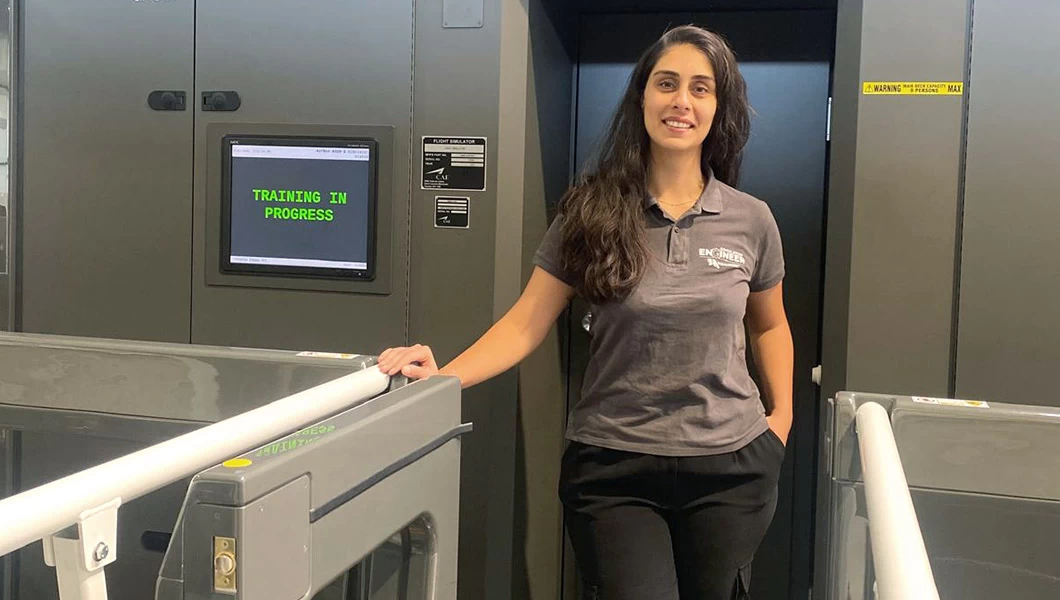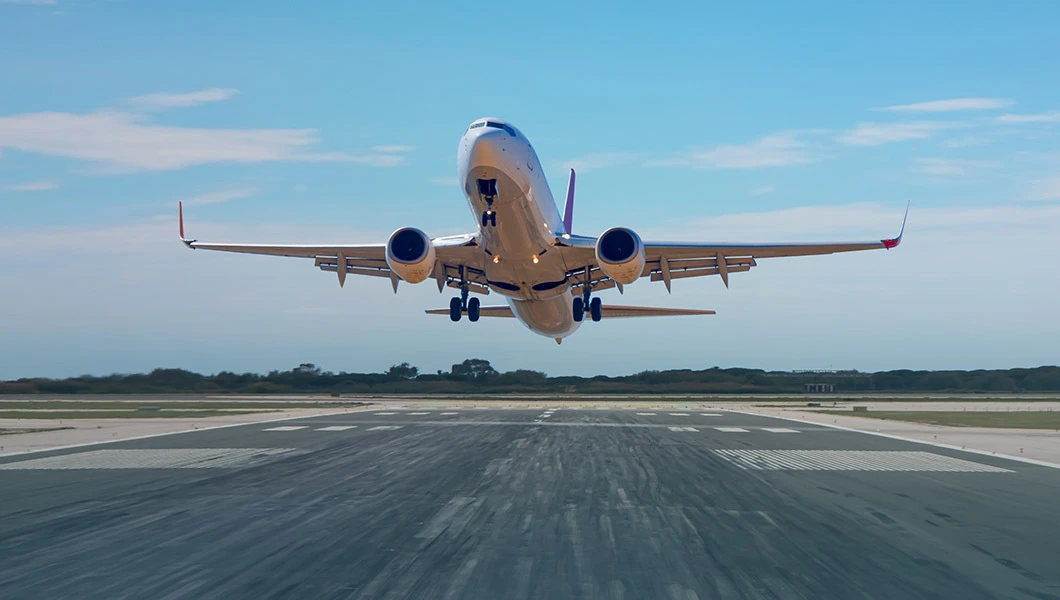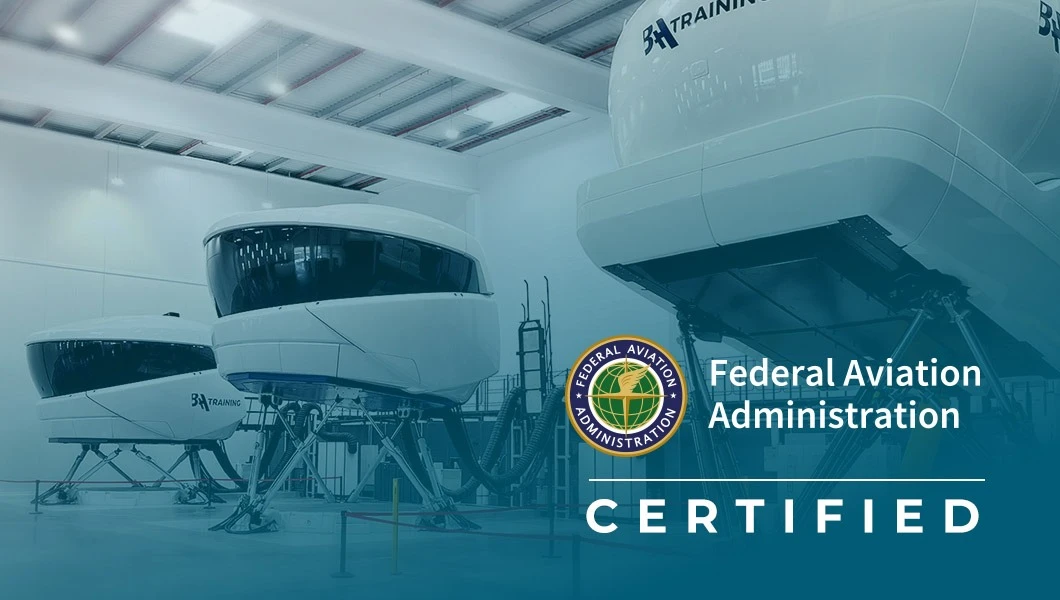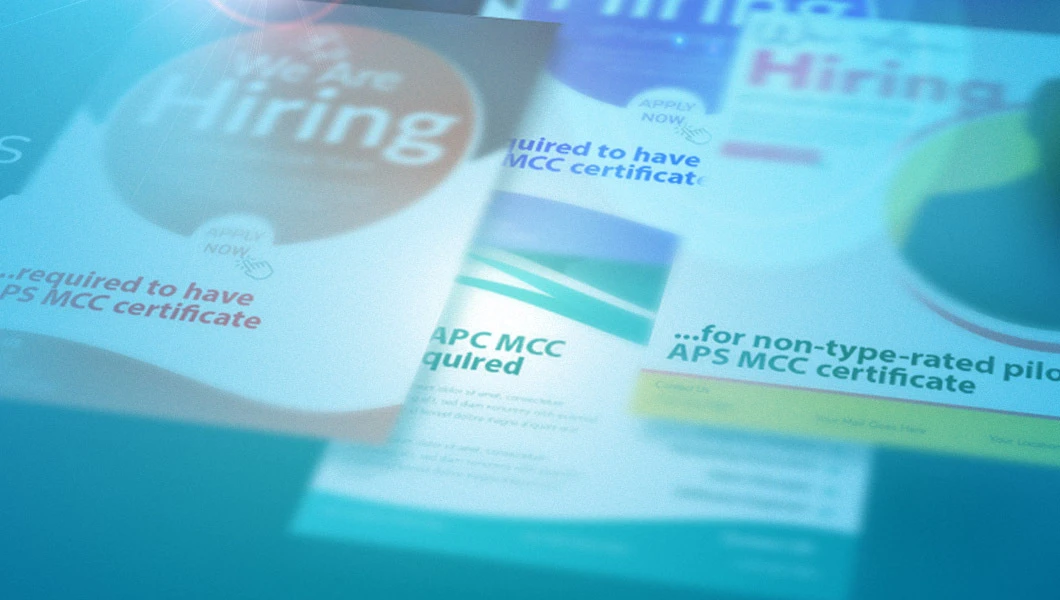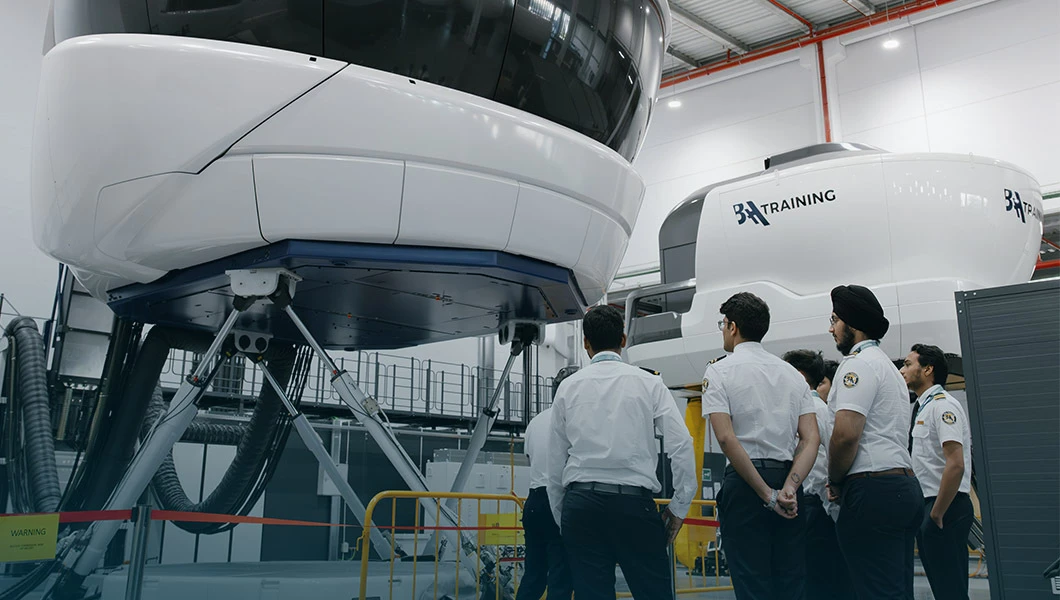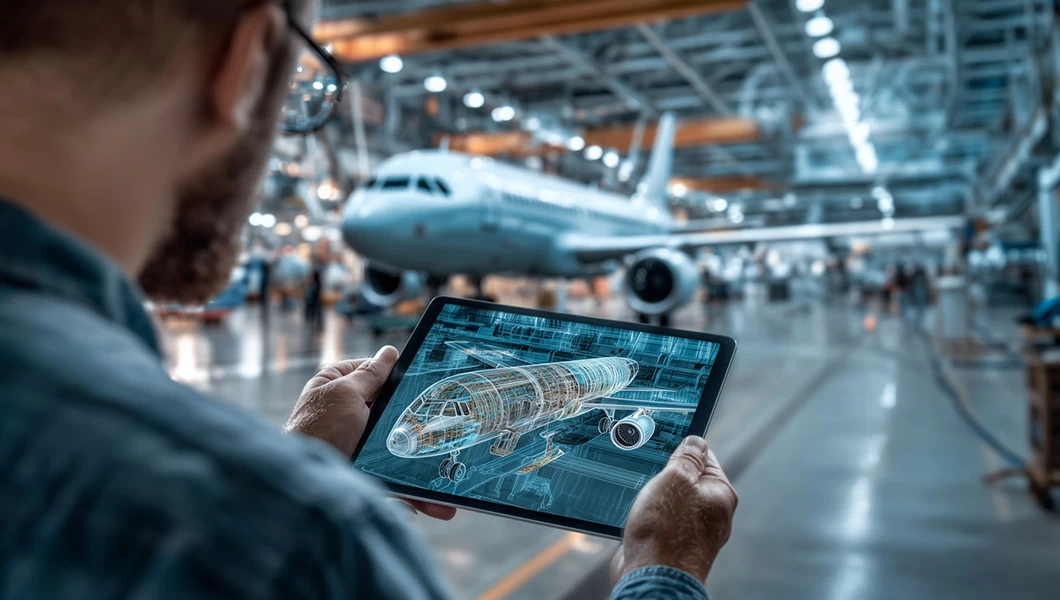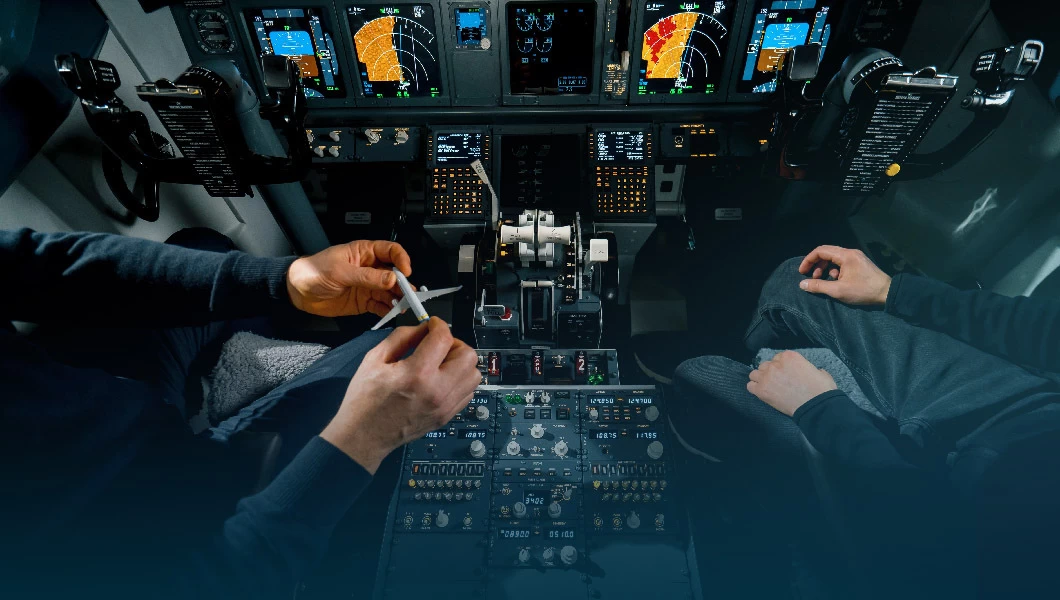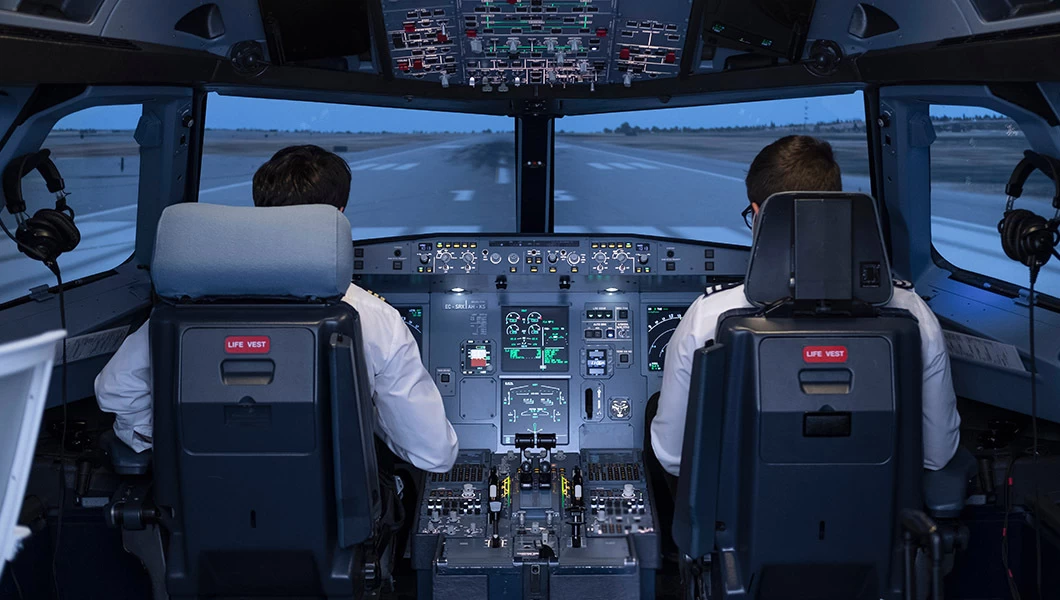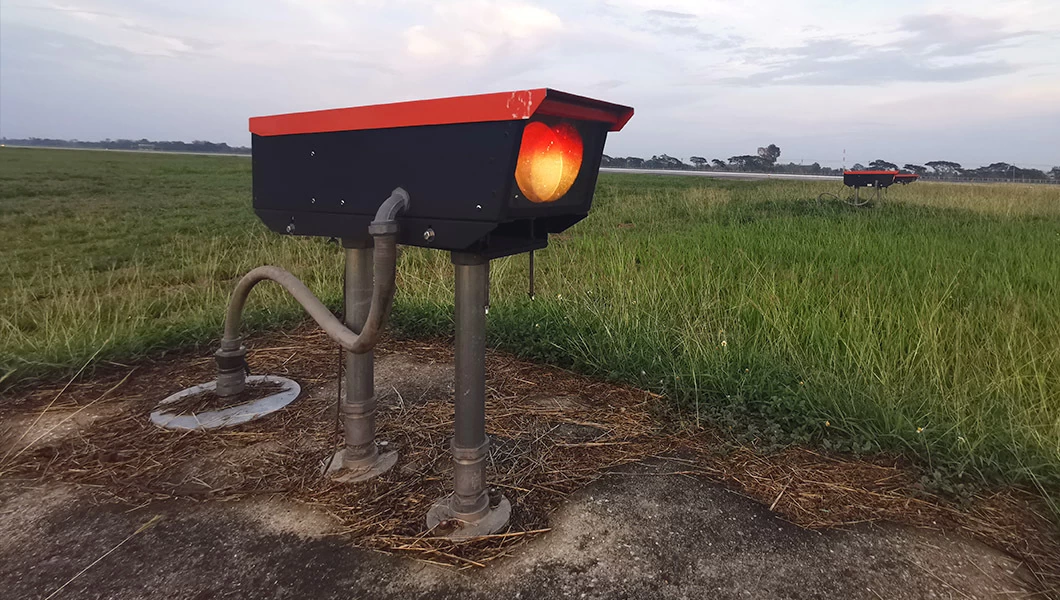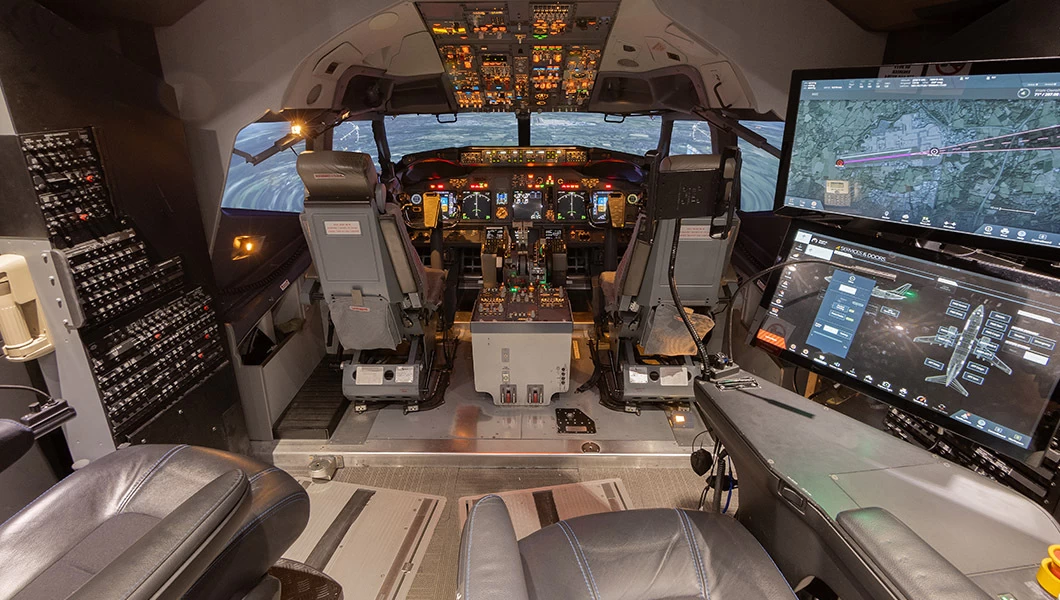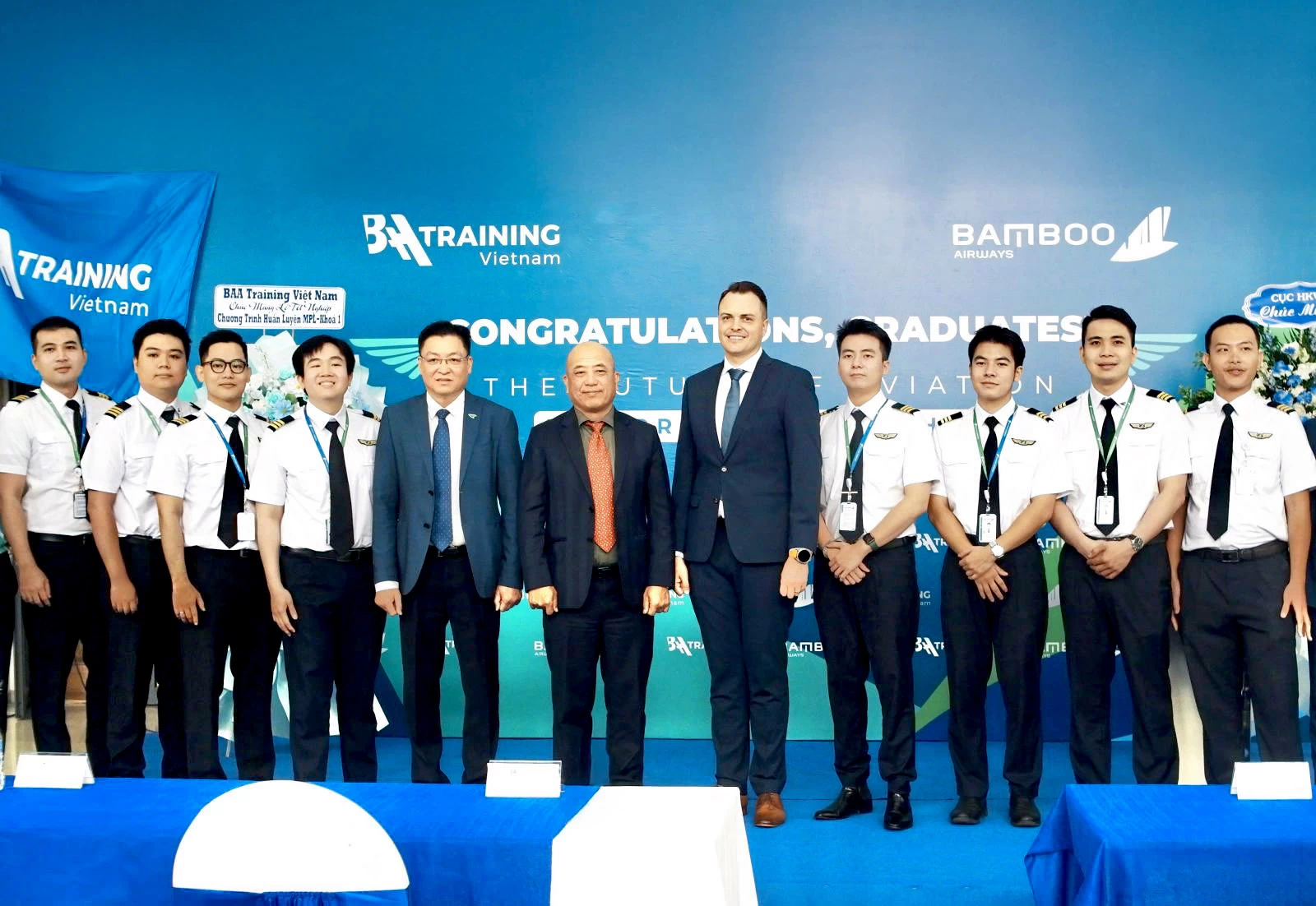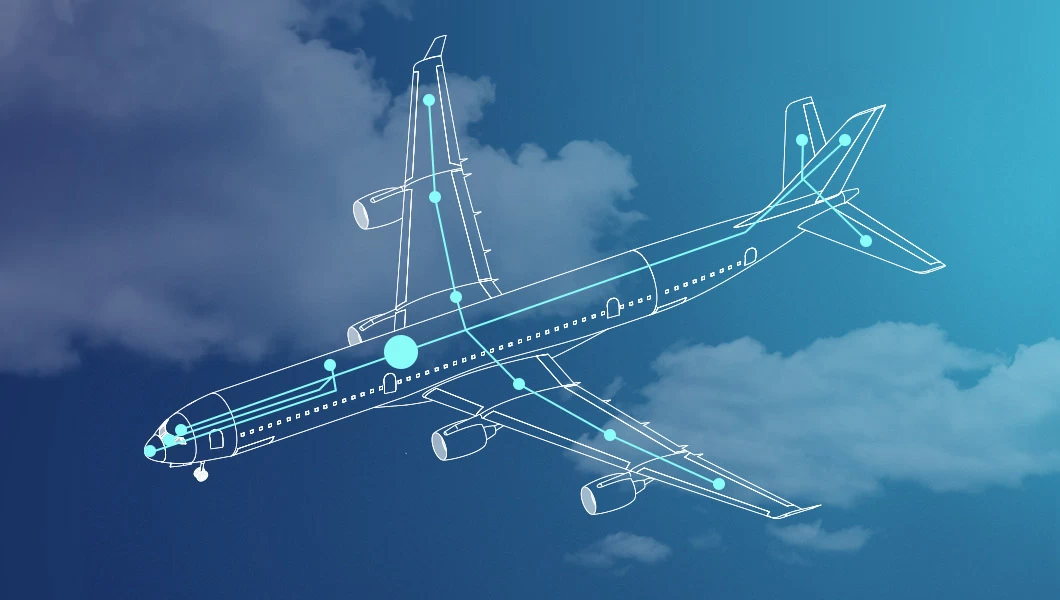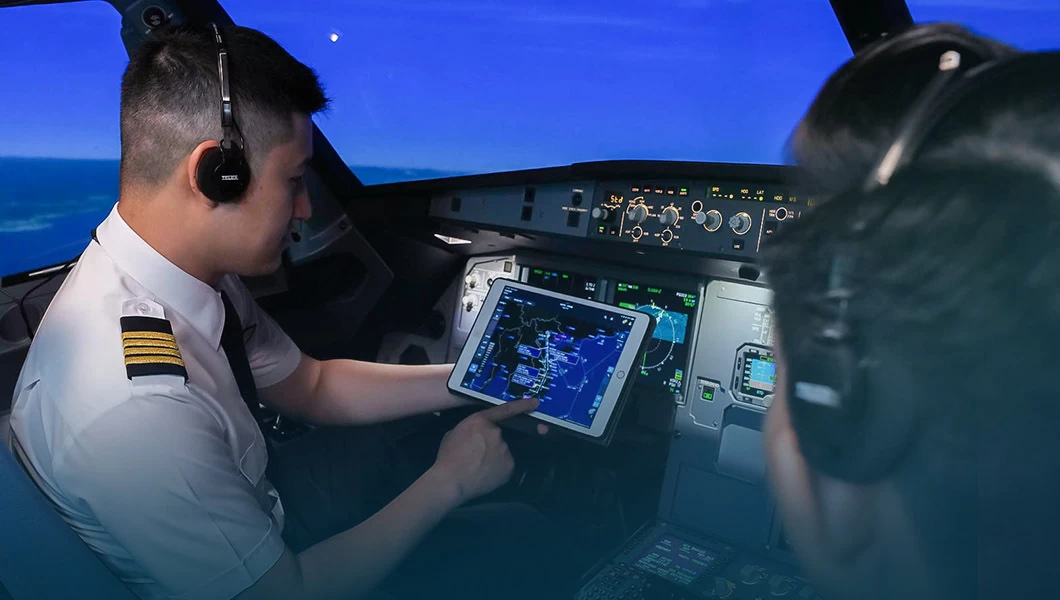Prefer to listen? Press play to hear this article.
A Start of It All
Esra grew up in a neighborhood near an airport, which she credits as the spark that ignited her passion for aviation.
“Every day, I was hearing planes flying above my head. Watching those planes fly over our home by the seaside, right before landing, was one of my favorite things to do on weekends. I think that was the key moment in my life that sparked my admiration for aviation, particularly in understanding how aircraft operate. In the end, this led me to engineering, which is undoubtedly the best way to learn how things operate.”
Her fascination deepened when she visited an aviation museum in Istanbul.
“I was maybe nine or ten when I saw a very old cockpit of a fighter jet for the first time. To say that I was enchanted by the view is an understatement. I think that was the time when I knew I wanted to be in the cockpit again. Then, I saw a real cockpit and flight simulators when I started working in aviation, and it felt very fulfilling to finally do it again after many years since that first moment.”
Esra went on to pursue a Bachelor’s degree in Manufacturing Engineering in Istanbul, beginning her career as a Cabin Interior Maintenance Engineer. Soon after, she decided to continue her education in France.
“France is one of the biggest aviation hubs in the world, so it was an easy decision for me regarding my postgraduate studies. I studied Industry 4.0 in Paris for my degree—it gave me a strong foundation in the latest technological advancements, and their applications across various industries. And finally, I found myself at BAA Training France as an Engineer for full flight simulators.”
Working as an Aviation Engineer
What drew Esra to join BAA Training? For her, it was the pilot training academy’s positive reputation and forward-thinking approach, which made it a perfect fit for her. At the training center, she focuses on enhancing the performance and reliability of simulators—where no two days are ever the same.
“It’s full of surprises for us,” Esra shares. “Sometimes a curious trainee may push an emergency button, or the simulator itself wants to take a coffee break in the middle of a training session! To be honest, I think it’s the main charm of a job like this.”
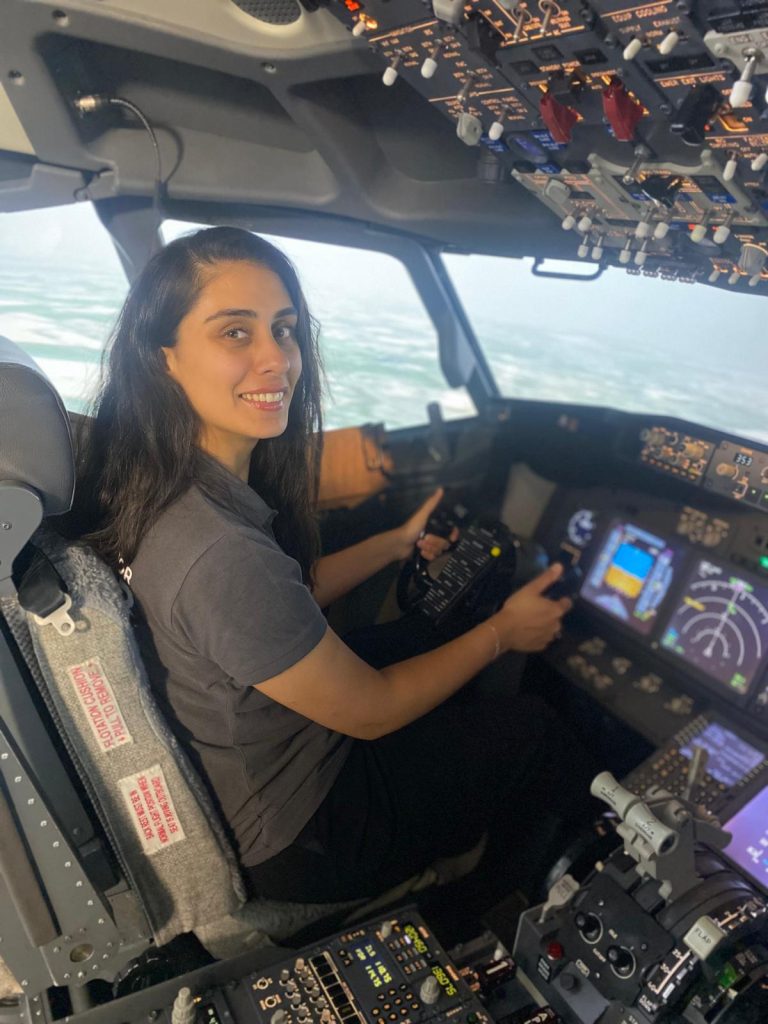
Since training runs 24/7, her schedule depends on whether she’s on a day or night shift. Engineers use designated windows to carry out maintenance, troubleshoot issues, or assemble newly arrived simulators. A key part of the role is following strict procedures to ensure simulators accurately replicate real aircraft behavior—this includes running QTG tests and regular maintenance checks.
“I start my work by briefing my colleagues, checking engineering handovers and my emails, OEM (Original Equipment Manufacturers) portals, and our internal management tool, regardless of the shift I’m on. Once I organize my tasks to perform, I jump straight into working on them.”
For a full flight simulator engineer, there’s a variety of skills that they need to have, Esra notes. Analytical thinking, troubleshooting skills, electrical, electronic, as well as mechanical systems knowledge, among others.
“Personally, I think computer skills are the most helpful ones for the technical side of things. Besides that, teamwork and communication are the two soft skills that are super important in my role, and not a day goes by that I don’t use them.”
What she finds most satisfying, however, goes beyond just the technical.
“Every time I go to an airfield, I’m always impressed by the vast aviation world I’m a part of—from ground staff to aircraft maintenance technicians, from civil aviation to firefighting… And as an engineer, some of the most satisfying moments are when I solve a problem, finish a project, or make progress on a topic in my work.”
Being a Woman in Aviation Engineering—Both Challenging and Empowering
While engineering is a demanding field in itself, Esra notes that being a woman in the industry brings unique challenges—though also opportunities for growth.
Your PILOT CAREER
starts with a first click
“This means that if you do something well—or make a mistake—it may be attributed to your gender, which is, unfortunately, still rarely the case for engineers who are men,” she highlights. “I have encountered moments where people assumed I wasn’t technical enough or mistook me for someone who’s not in an engineering role.
“These biases can be frustrating, but I’ve learned to respond with patience and professionalism. They also push me to grow stronger and more confident in my abilities. I’ve learned to embrace my uniqueness as a person, focusing on what I bring to the table and showing my expertise through my work, rather than trying to change perceptions directly. Over time, consistent performance and confidence help us break those stereotypes. That mindset helps me stay grounded and proud of my journey.”
The key, she says, is to stay curious and motivated.
“Keep learning, and never let any stereotypes define your own path. What’s really nice to see is that the number of women engineers in the industry is increasing every day, and the industry is slowly—but surely—evolving to be more inclusive. I’ve met many supportive colleagues along the way, and I believe these stereotypical thoughts will change over time with the progress we see.”
Her advice for women thinking of stepping into the world of aviation: stand proud to be yourself.
“I grew up hearing my mother say, ‘You’re not everyone, you’re Esra,’ whenever I felt down about not being able to do something everyone else did. This is how I learned to find my own way. So, I would say the same thing to all the women as well: you’re not everyone, you’re you. Don’t view yourself from the perspective of others.”
Esra’s journey shows how determination, curiosity, and resilience can turn early childhood dreams into a meaningful career in aviation engineering. Her story is a reminder that growth often comes from solving problems—both on technical and personal levels.
Want to learn more about the people behind our training excellence? Read our interview with Joaquin Alejandro Suescun Atencio, Head of Ab Initio Operations, where he shares insights into his role and the intricate behind-the-scenes of shaping future pilots.
